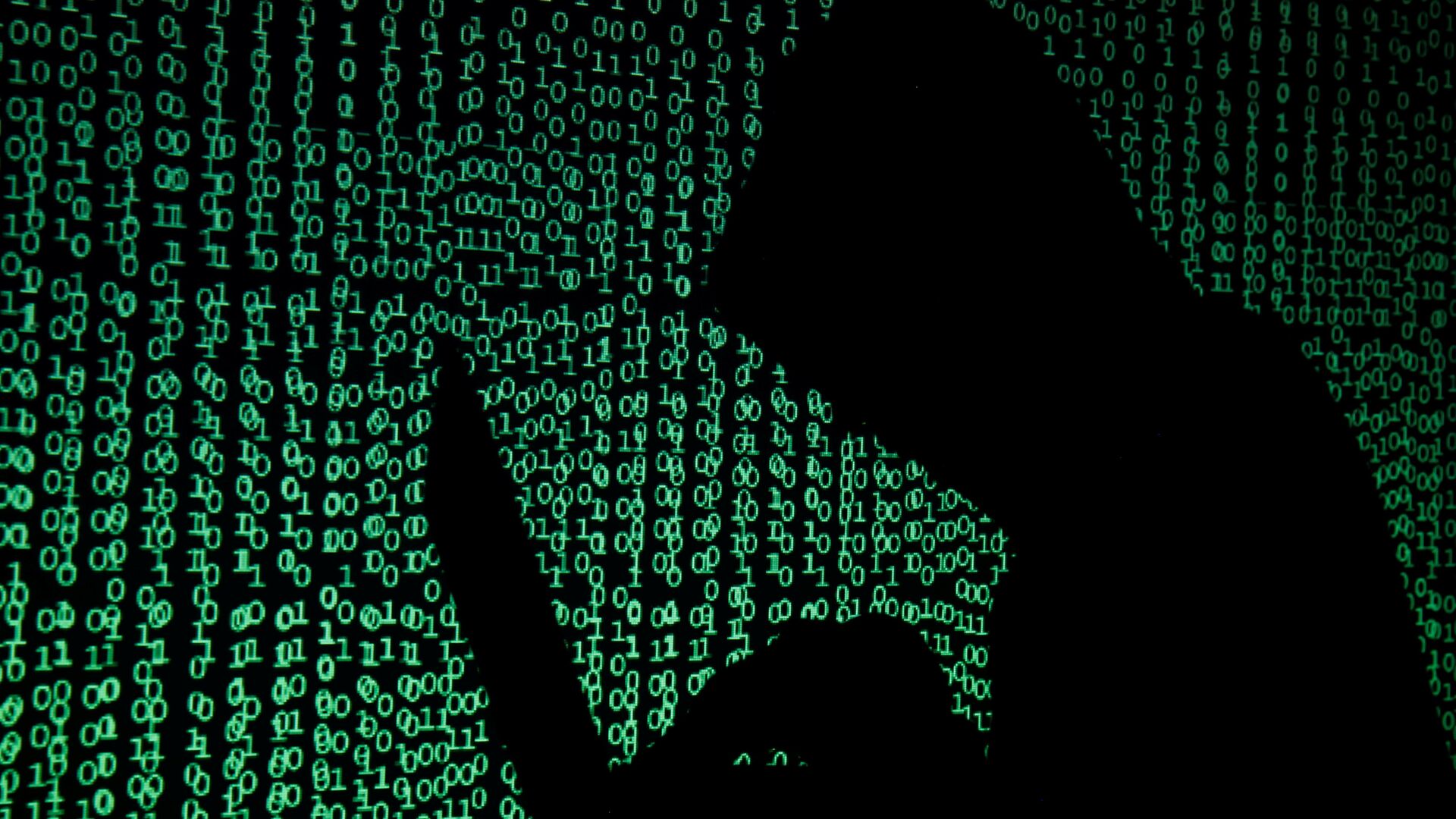A growing number of Americans believe cyberterrorism poses a larger to the US than international terrorism or the development of nuclear weapons, a new Gallup survey published on Monday has found.
The poll determined that growing concerns over cyberterrorism or the “use of computers to cause disruption or fear in society” was seen as a “critical threat” by 82% of the respondents. Another 16% of the group acknowledged that cyberterrorism was “important, not critical.”
The possibility of North Korea and Iran both developing nuclear weapons ranked second (77%) and third (75%) on the list, with international terrorism and, of course, the “spread of infectious diseases throughout the world” rounding out the top five.
Researchers stated in their findings that their new data only marked an increase of nine percentage points when it came down to threats posed by an infectious disease, highlighting the current effects of the COVID-19 pandemic. The increase was noted when figures were compared against a 2016 Gallup survey.
Additionally, survey officials concluded that there was no partisan split by respondents when it came to labelling cyberterrorism, development of nuclear weapons by North Korea and international terrorism as the US’ top critical threats.
However, it was also noted that when it came down to nuclear weapons in Iran, China’s economic power and threats posed by infectious diseases, all three topics were split along party lines. Researchers found that Republicans were more likely to see Iran and China as a far larger threat, with the opposite being true for individuals who identified as Democrats.
Other concerns listed on the survey included global warming, Russia’s military power, the ongoing Israeli-Palestinian conflict, tensions between China and Taiwan, and the illegal immigration through the US-Mexico border.
Although some 58% of respondents indicated that global warming or climate change posed a critical threat to the US, less than half of those surveys believed that the remaining four listed concerns amounted to a serious threat.
It’s worth noting officials did state that 54% of participants agreed that while the Israeli-Palestinian conflict was important, it was not seen as being a critical threat to US interests.
“The events of the past two years have affected Americans' perceptions regarding the type of threat that a number of issues and situations pose to the vital interests of the US,” researchers concluded. “With Biden bringing a new perspective to many issues, this could influence Americans' future views of threat levels.”
The recent findings published by Gallup came as the US has repeatedly spotlighted hacking attacks against several federal agencies and private sector groups. In fact, the survey sampling was carried out from February 3 to 18, moments after Biden spoke with Putin about the SolarWinds hack. It also came as similar hacking reports emerged involving China.
Although the US has accused Russia of wrongdoing, going so far as reportedly planning a cyberattack in response to the SolarWinds attack, Moscow has rejected it played any role in the infiltration. Earlier, the Kremlin issued a statement indicating that the reported US response against Russia was “alarming” and would effectively amount to “international cybercrime.”
Gallup’s new poll included responses from 1,021 adults within the US who were over 18 years of age. A margin of error was listed as four percentage points.

